The UC Berkeley School of Law is one of the nation’s premier law schools, consistently ranked within the top 14 law schools in the US. Students receive an education from a roster of highly distinguished faculty focused on both established and emerging fields of law. These students also show a commitment to solving real-world problems and building a just society, and they do not hesitate to engage in important legal work in food systems via individual careers or involvement with groups like the Food Justice Project.
Who We Are
Partner Schools
Though the Berkeley Food Institute is administratively housed by the Rausser College of Natural Resources, we were founded as a unique, interdisciplinary center that partners with faculty, staff, and students at eight schools on campus, representing a wide range of food systems expertise.
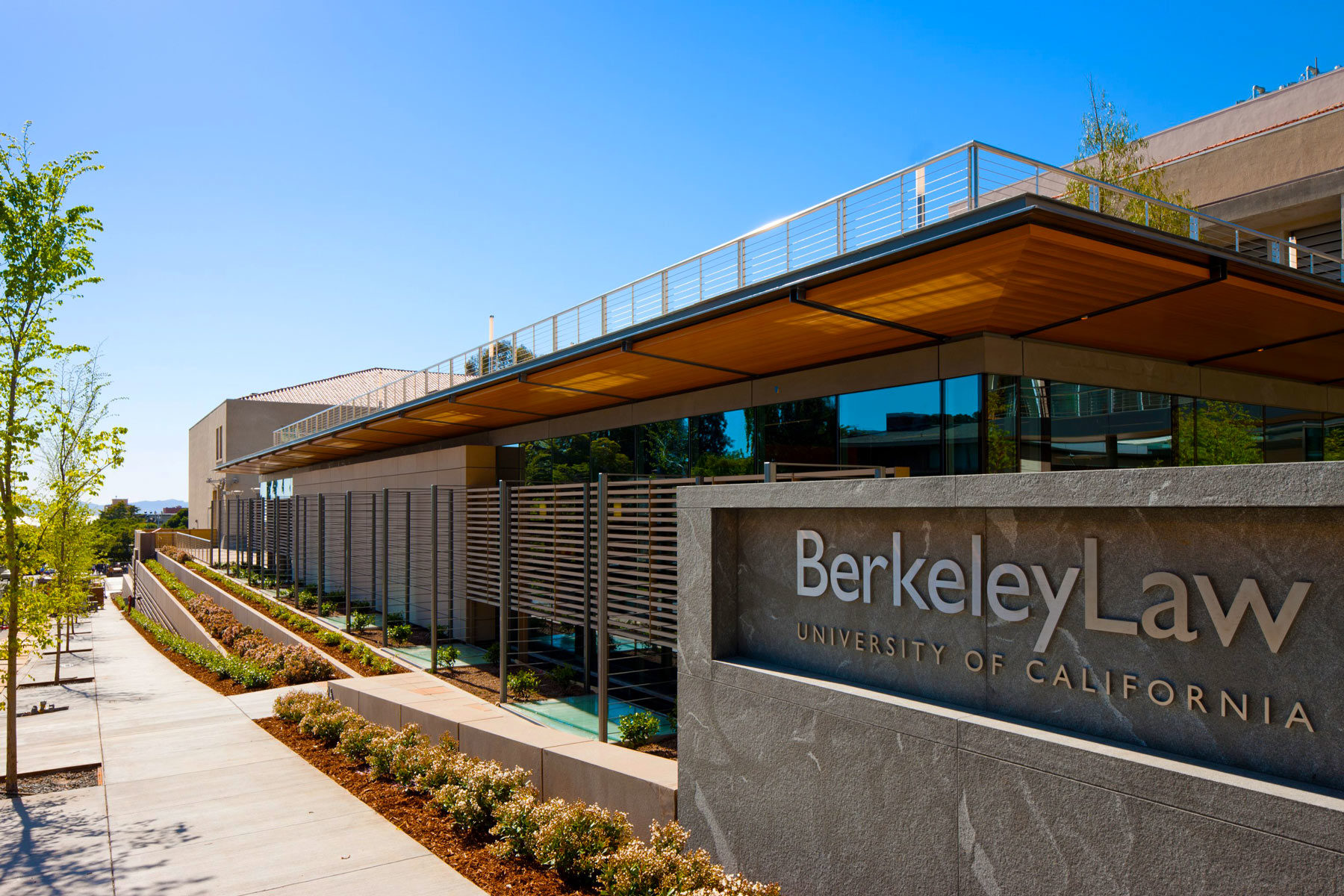
Berkeley Law
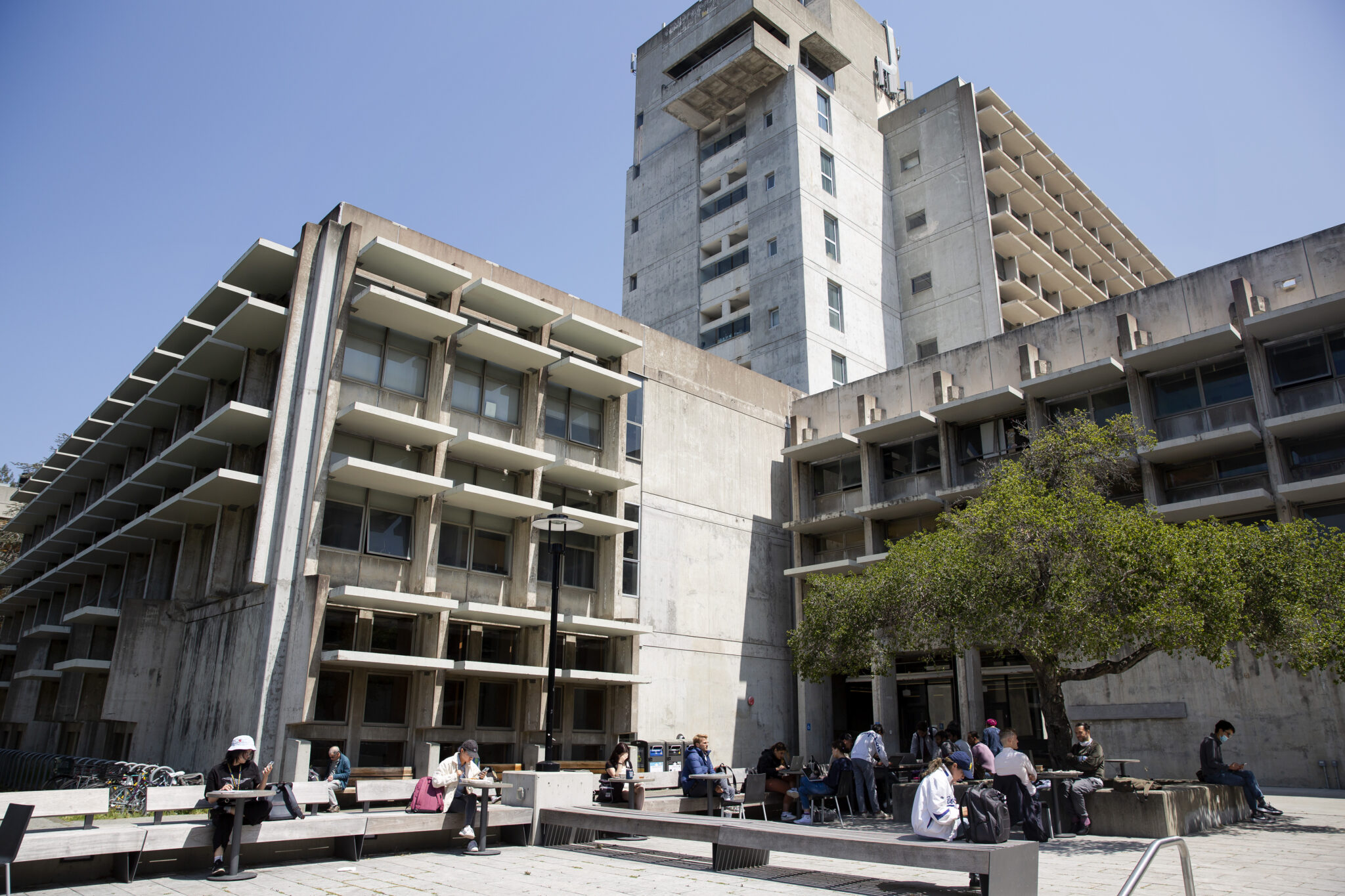
College of Environmental Design
The UC Berkeley College of Environmental Design stands among the nation’s top environmental design schools. It is one of the world’s most distinguished laboratories for experimentation, research, and intellectual synergy, and represents the first school to combine the disciplines of architecture, planning, and landscape architecture into a single college. The College of Environmental Design leads the way toward an integrated approach to analyzing, understanding, and designing our built environment, which, in large part, includes where we grow and distribute our food.
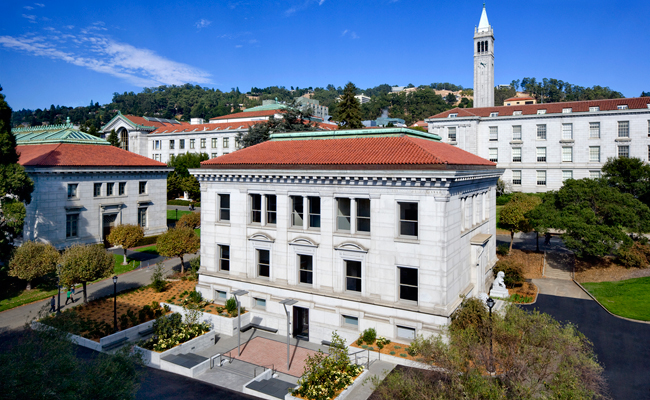
Division of Social Sciences, College of Letters and Science
The Division of Social Sciences of the College of Letters & Sciences comprises 15 departments and programs that offer diverse theoretical approaches and empirical methodologies to understanding food systems. These departments and programs are African American Studies, Anthropology, Cognitive Psychology, Demography, Economics, Ethnic Studies, Geography, Gender and Women’s Students, History, International & Area Studies, Linguistics, Political Economy, Political Science, Psychology, and Sociology.
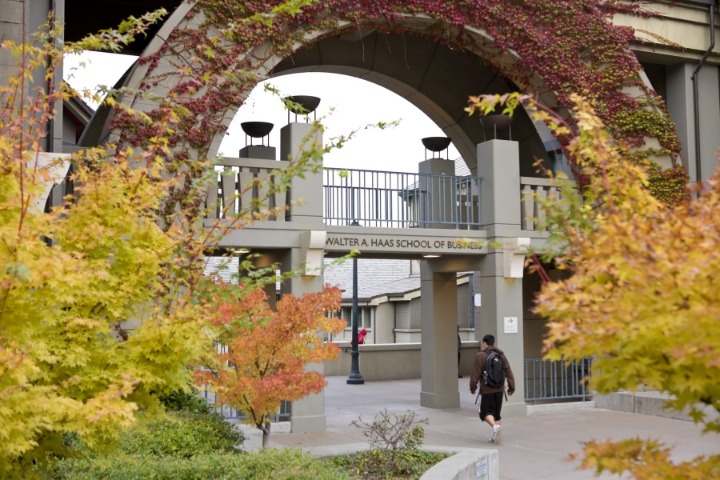
Haas School of Business
As the second-oldest business school in the United States, the Haas School of Business at UC Berkeley is one of the world’s leading producers of new ideas and knowledge in all areas of business. Two of its faculty members have received the Nobel Prize in Economics, while all of the Haas faculty have contributed to the school’s mission to “develop leaders who redefine how we do business.” Many students are particularly drawn to study at Haas to make a difference in the food system through value-based supply chain management or other important jobs in the food business.
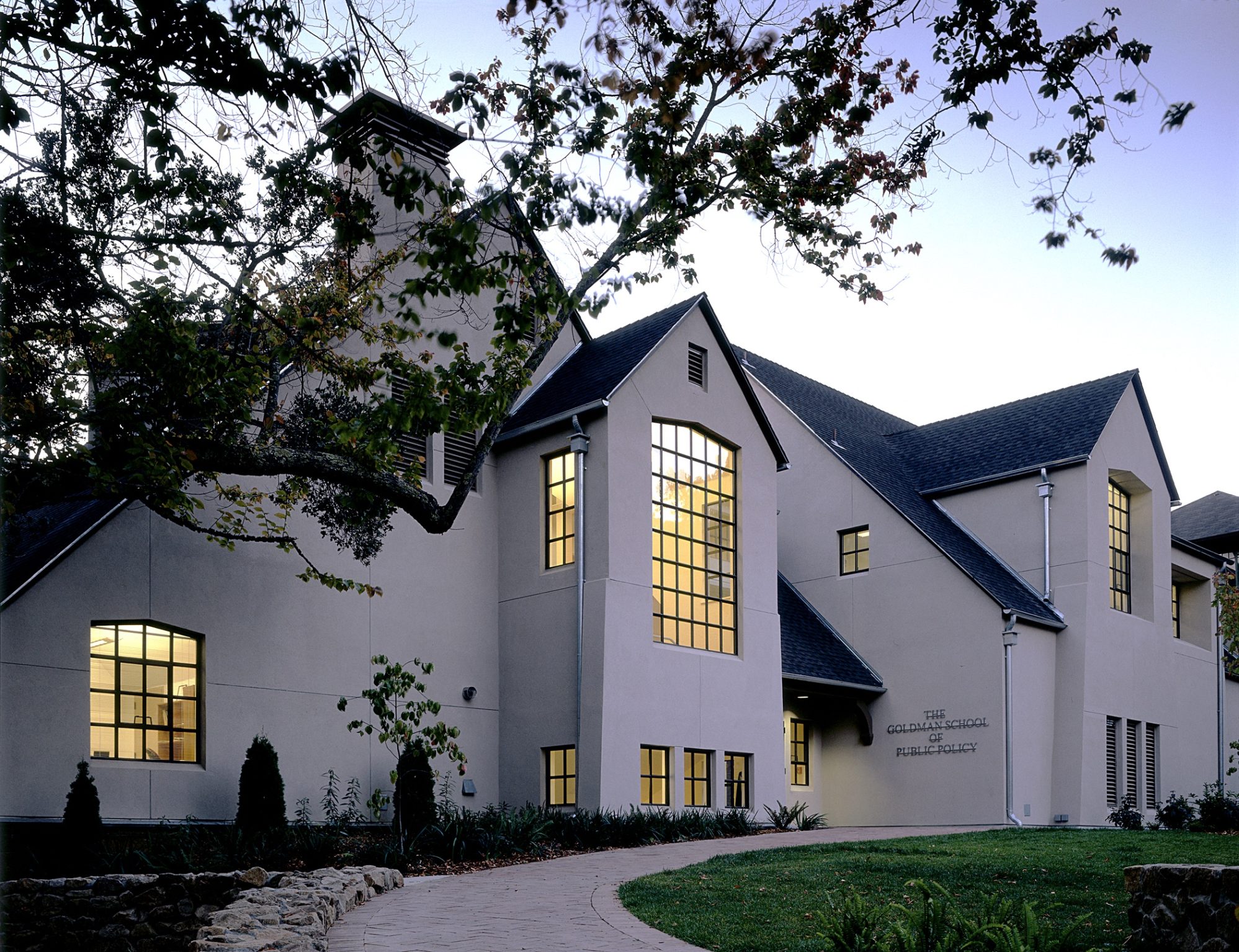
Goldman School of Public Policy
The Goldman School is a graduate school that prepares students for careers in public leadership through its Public Policy, Public Affairs, and Development Practice masters programs. Undergraduates also have the opportunity to take classes and receive a public policy minor. Founded in 1969, the Goldman School has helped define the art and science of modern public policy. Goldman students have ample opportunity to work on food policy, through involvement with the Food and Agriculture Policy Group or BFI’s policy team.
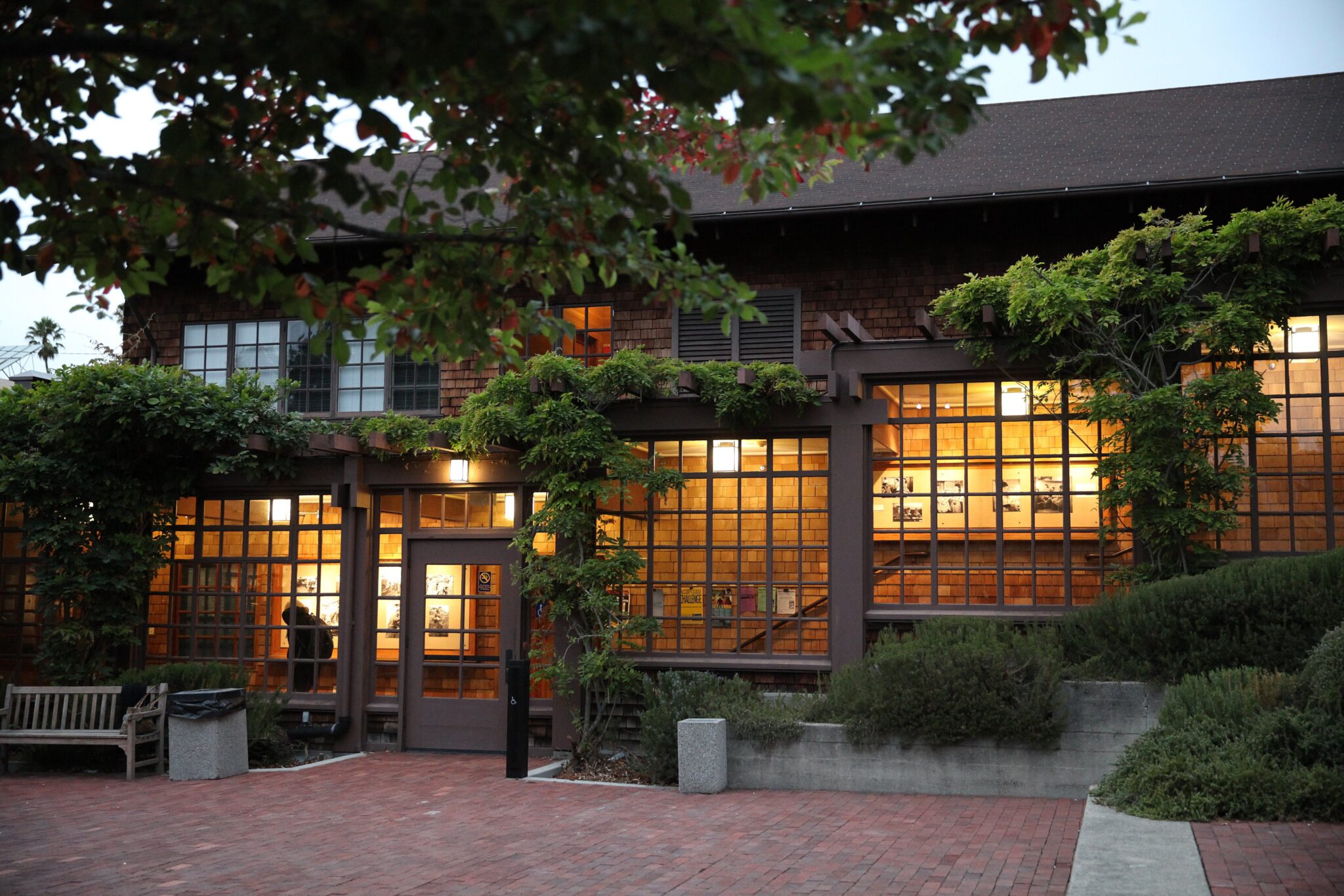
Graduate School of Journalism
The UC Berkeley School of Journalism is the only journalism degree-granting program within the UC system and is considered one of the top journalism programs in the nation. The two-year masters program melds academic integrity with professional practice — emphasizing the public mission of journalism as a bedrock of democracy while imparting to students the latest skills in a variety of mediums. The School of Journalism has also demonstrated a strong commitment to food and agriculture reporting. It hosts the 11th Hour Food and Farming Journalism Fellowship, and its faculty includes distinguished journalists like Michael Pollan and Andrés Cediel.
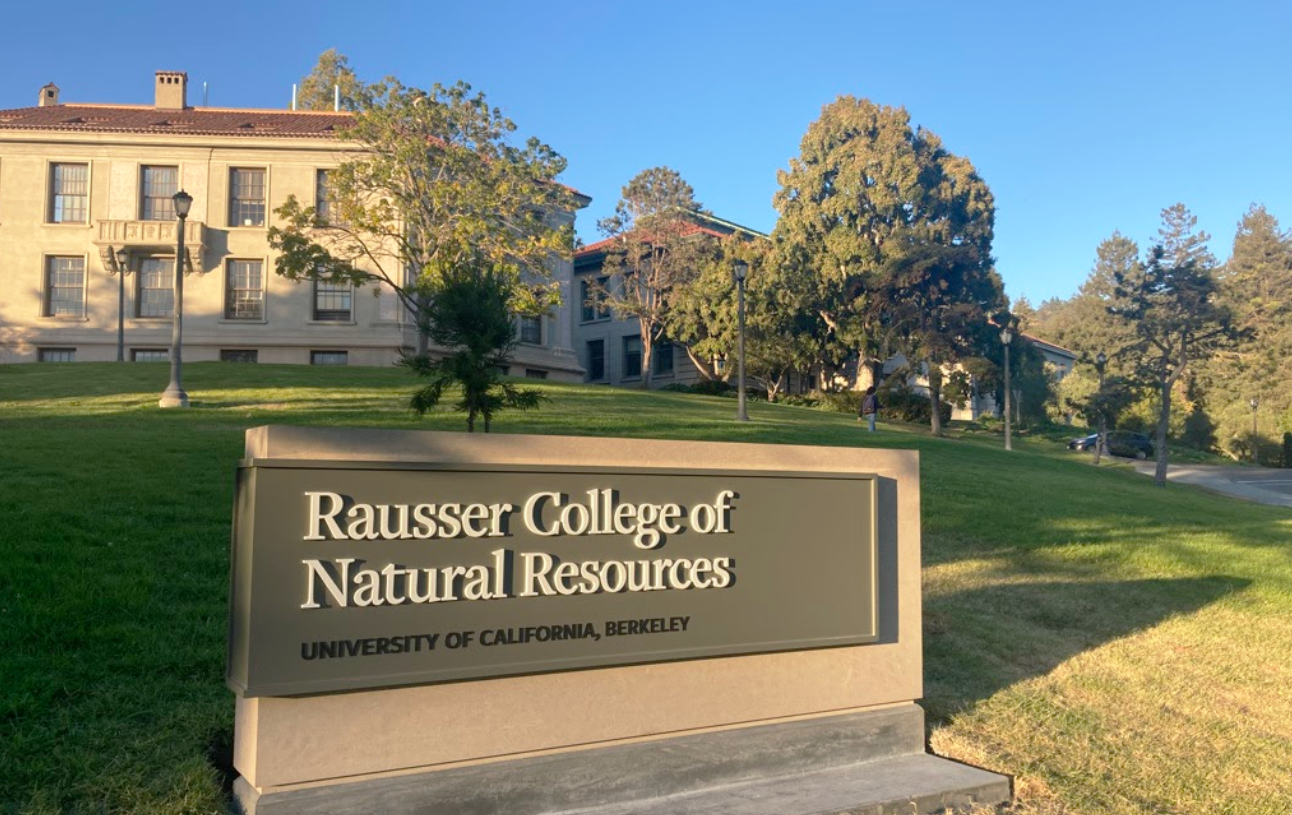
Rausser College of Natural Resources
The Rausser College of Natural Resources addresses biological, social, and economic challenges associated with protecting natural resources and the environment. Rausser College is home to four departments — Agricultural and Resource Economics; Environmental Science, Policy, and Management; Nutritional Science and Toxicology; and Plant and Microbial Biology — as well as the Energy and Resources Group. Due to UC Berkeley’s status as the first land-grant college in California, the college has a long history of agriculture research and experimental education. The college also hosts UC Berkeley’s Cooperative Extension faculty, while the dean holds a joint title as Associate Director of the Agricultural Experiment Station.
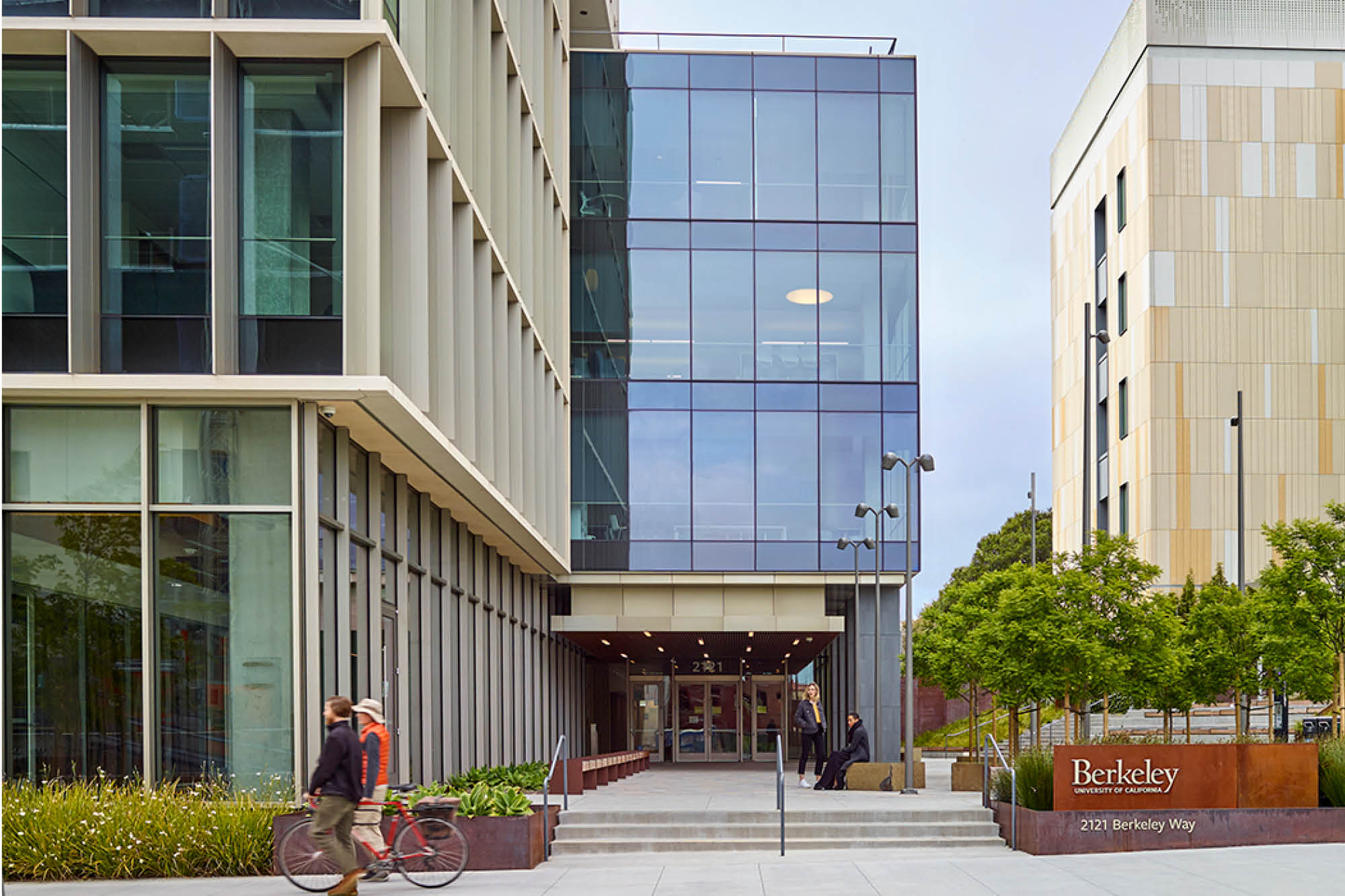
School of Public Health
Berkeley Public Health seeks to promote health through a variety of disciplines, programs, and community-based research. The school’s mission is to conduct world-class research, apply it to improve human health, develop diverse leaders, and enhance the health workforce through continuing education and assistance. The school is distinguished by its broad-based, ecological perspective on health — the interaction of biological, behavioral, social, and environmental determinants of human health. Nutrition, food access, food sovereignty, and environmental justice play a large role in the whole-systems approach endorsed by the school’s faculty and students.